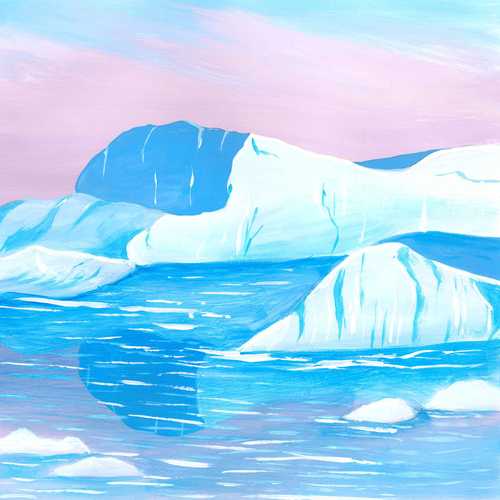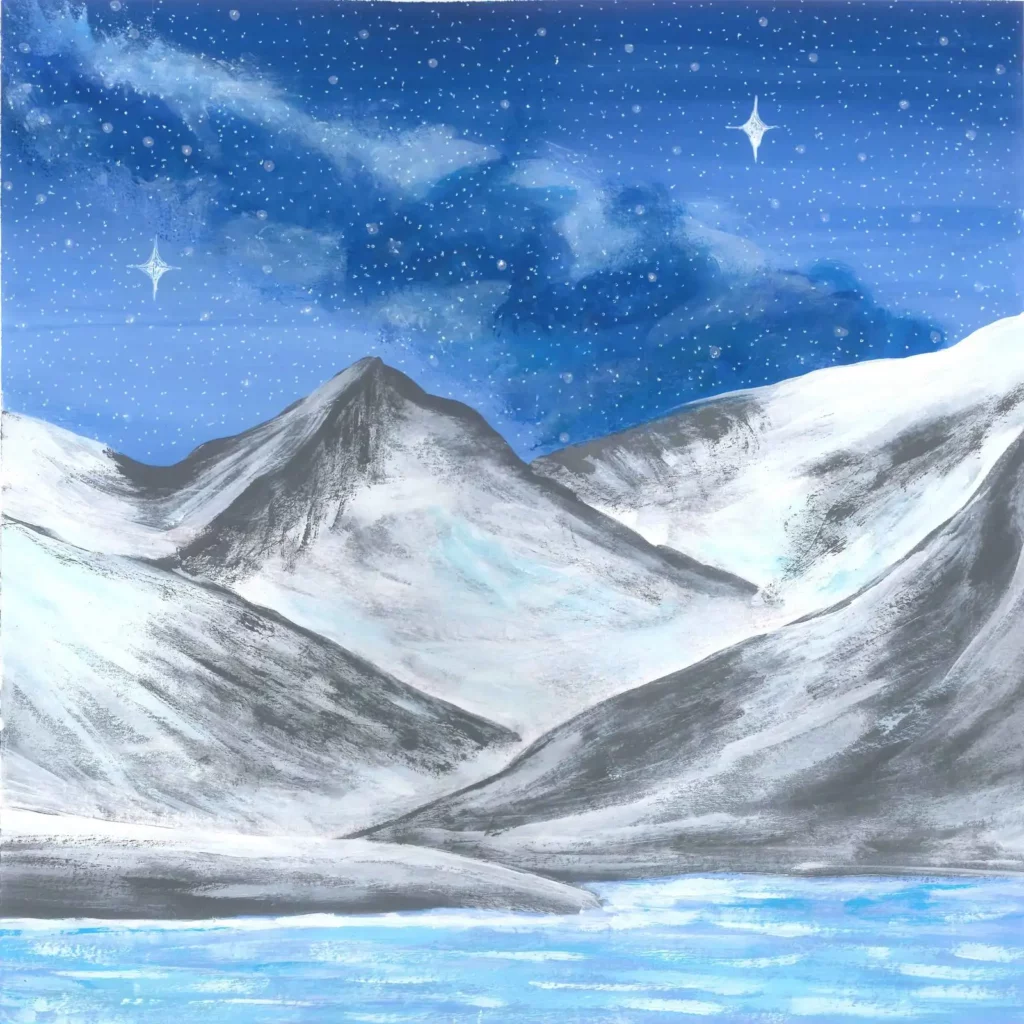
Happy New Year, nature-recording aficionado. 📅
We hope the Christmas season has treated you well and that you’re ready to take on everything that 2023 may throw at us. 💪
Keep reading for today’s round-up of material from Earth.fm and beyond, including suggestions of sustainable New Year’s resolutions, the health risks of noise pollution, and a consideration of soundmaps.
Soundscape of the week
‘Lions, Hyenas and Other Wildlife Calling in the Masai Mara’:
A polyphonic safari recorded by George Vlad in Mara North Conservancy, Kenya, this slow-building soundscape blends the barking of domestic dogs and ringing of cattle bells with wilder (and in some case, more alarming) animal sounds…
The multilayering of insects’ calls, bird vocalizations, and large mammals communicating creates a hypnotic sonic palimpsest, becoming almost an overwhelmingly maximalist plethora of overlapping, wildly varying sounds as the bees and more birds are woken by the rising sun.
Articles and essays
🌎 New article ‘Brazilian Charities on Earth.fm’ offers an overview of the environmental threats faced in the country (despite Bolsonaro’s recent ousting), to both the continent-spanning Amazon River and rainforest and the Pantanal and Cerrado: from human settlement and deforestation to damming, gold-mining, droughts, and flooding.
Earth.fm is a platform for charities working all over the world. This article runs through the work of various organizations which are committed to tackling the problems facing Brazil in particular, from the Frankfurt Zoological Society to the Amazon Conservation Team and Reforest’Action.
🗺️ In the long-read ‘Global Sound Archive: Soundmaps Projects and the Perspective of Future’, researcher, writer, and stage director Dr Noémie Fargier writes in support of the significance of soundmaps: “digital geographical maps that put emphasis on the sonic representation of a specific location” and allow “their remote visitors [to] travel through space and time and […] think of the way one’s listening to the world could be shared and represented”.
She particularly focuses on Aporee, “the oldest and largest global soundmap using the Google Earth service”: “a global soundmap dedicated to field recording, phonography and the art of listening […] [which] connects sound recordings to its places [sic] of origin”.
🔊 “As cities and our global population grow, noise pollution is only set to worsen. It’s becoming clear that in order to reduce strain on human health systems – often strained to breaking point – we need to address sources of noise pollution and to take steps to reduce the noise we generate.”
‘Noise Pollution and Its Impact on Human Health’, by writer and green living consultant Elizabeth Waddington, investigates the physiological and psychological effects that living with the noise humanity generates can have on our health, which include detrimental effects to mental health and increases in cognitive impairment and decline, and even cardiovascular disease.
However, she also investigates methods for mitigating these health risks, through appropriate city planning and systems design.

Content from the extended community
♻️ Yes, ‘15 Ways to Be a Little More Sustainable in 2023’ is one of those pieces about New Year’s resolutions which are inevitable in January, but its “ideas for a cleaner, greener 2023” – ranked “from simplest to most challenging” – are smart and easily put into practice.
‘Unplug your energy vampires’? Tick. ‘Compost your kitchen scraps’? Tick. ‘Give “no-buy [weeks]” a try’? Well, it’s only the 3rd of January; that leaves us something to aim for…
✍️ One of the pieces of advice that I have adopted since reading this book is to always go out armed with a magnifying glass on my walks. It’s amazing how such a basic and cheap gadget, in less than a square centimeter, can open the door to such fascinating worlds.
The first in a series of primers on nature writers, this piece presents a personal introduction to the work of Rachel Carson, a “gentle and peaceful woman” who, after the publication of her Silent Spring, which “triggered a fierce legal fight to ban the most toxic pesticides and prohibit the usage of DDT”, suffered “the furious attacks of the industry, which did not stop publicly slandering and discrediting her”.
🌍 “The Congo Basin rainforests, the world’s second largest, form the planet’s single greatest ‘carbon sink,’ absorbing the atmospheric carbon dioxide that is overheating our planet. Yet this crucial front line against climate change is threatened by illegal and industrial logging, mining, oil and gas concessions and ongoing warfare.”
‘Saving Congo’s Forests Means Changing ‘Law Enforcement’’ sets out the policies needed to combat “destructive resource exploitation and ongoing violence” in a country riven by “episodic warfare” for more than 20 years, driven by a combination of complex factors. The country’s “model of conservation law enforcement [was] shaped in Africa’s colonial era” and “has been pulled into the DRC’s violence in ways that erode its effectiveness — and that in some cases worsen the conflicts”. “How can international policies and institutions help fragile states […] better protect environmentally critical areas?”
👉 See the Earth.fm Twitter feed for more content like this!
We hope you have a regenerative week. 🙏
With best wishes,
Neil and Team Earth.fm
Reach out on hello@earth.fm 👋
Forward this newsletter to anyone who would appreciate it ✉️
Join the conversation with the Earth.fm community 🤝
Submit a recording 🎤
Follow us on Twitter. Instagram and YouTube 💻
Listen to nature sounds in your browser by installing our free extension 🎧
Earth.fm is a completely free streaming service of 1000+ nature sounds from around the world, offering natural soundscapes and guided meditations for people who wish to listen to nature, relax, and become more connected. Launched in 2022, Earth.fm is a non-profit and a 1% for the Planet Environmental Partner.
Check out our recordings of nature ambience from sound recordists and artists spanning the globe, our thematic playlists of immersive soundscapes and our Wind Is the Original Radio podcast.
You can join the Earth.fm family by signing up for our newsletter of weekly inspiration for your precious ears, or become a member to enjoy the extra Earth.fm features and goodies and support us on our mission.
Subscription fees contribute to growing our library of authentic nature sounds, research into topics like noise pollution and the connection between nature and mental wellbeing, as well as funding grants that support emerging nature sound recordists from underprivileged communities.

